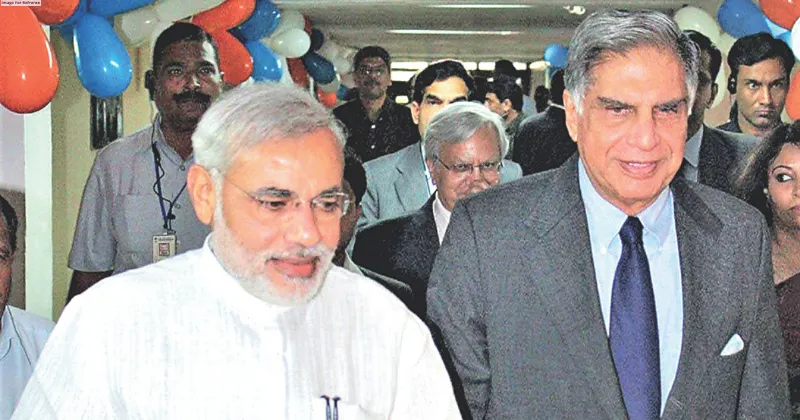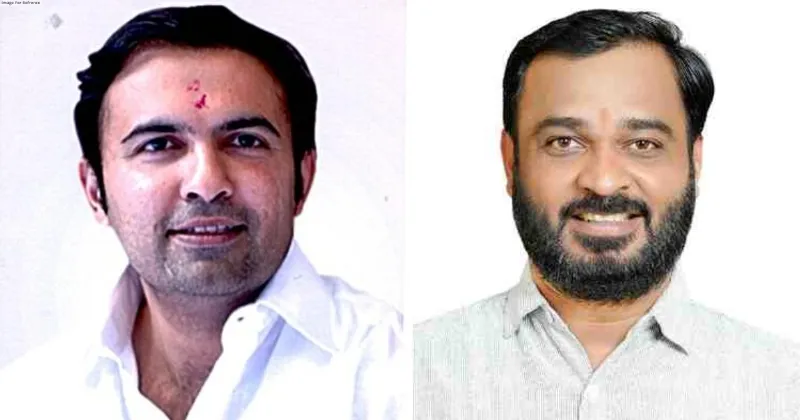Latest News
A Surprising Way To Overcome The Fear Of Death

A fear of death isn’t prominent among the leading causes of anxiety among people as they age—becoming a burden to their children and loneliness rank much higher. Yet psychology has long held that the greatest unconscious fear, hiding beneath the surface of everyday thoughts and feelings, is the fear of death. This is especially evident if your religious beliefs offer Heaven and Hell as the only alternatives after death, or if you are secular and face the possibility of extinction without an afterlife.
In practical terms, the vast majority of people die with a sense of peace and acceptance. But no matter where you fall on the spectrum, it would be beneficial to get past the fear of death. In the tradition of Yoga and Vedanta, this fear is based on an illusion that death exists in the first place. So even if you don’t feel emotional distress about death and dying, clearing up this illusion will bring you closer to reality, an end that is desirable in itself.
First, let’s address the futility of believing in something that cannot be proved. No matter where you stand, your beliefs about death block the possibility of moving forward. The faithful put their trust in their religion; skeptics don’t budge because they disbelieve all evidence that argues against skepticism; and undecideds remain stuck in ambivalence and doubt.
Yet everyone is holding on to their position in the absence of first-hand experience. This renders the afterlife a non-question (i.e., there is no reliable answer). It has been a nonquestion for as long as recorded history. A tradition of belief or non-belief doesn’t become true just because it has persisted for centuries. The fundamental issue is whether the afterlife can be transformed into a viable question.
I believe it can. In a surprising way, simply defining our terms better is enough. If you don’t specify what consciousness is, you wind up worrying about the survival of the soul, or of “me,” the individual ego-personality. On the other hand, if two people agree upon their definition of consciousness, they will agree on the existence or non-existence of an afterlife. This isn’t an arbitrary judgment. It rests on a definition of consciousness completely detached from all traditions, belief systems, and personal stories.
Every reasonable person, I think, will accept that consciousness in humans is the awareness of two things: that we exist and that we have experiences. By extension, a reality that cannot be experienced is moot. By this measure, UFOs, angels, the afterlife, and the quantum vacuum exist on the same playing field. They are suppositions and inferences.
If we toss out suppositions and inferences, what can we truthfully say about consciousness? By this I mean what can we say that no reasonable person will disagree with? Here is what I’ve been able to convince people to agree with over the years.
1 There is only one consciousness. To subdivide consciousness makes no sense. Yet when dealing with everyday life, it’s obvious that we all cling fervently to being individuals, outfitted with “my” family, house, work, body and mind. To crack this allegiance requires arguments like the following:
- When you get wet, do you call it “my” wet? Some things happen to us personally but turn out to have a general existence.
- If you sing “The StarSpangled Banner” as you walk down the street, did the song walk down the street with you?
- If you imagine your mother’s face, where is that mental image located? The brain has no pictures in it, and no light. When you imagine your mother’s face, you didn’t consult a directory of facial characteristics the way computer recognition software does–you simply called up what you wished to see.
- Where is your self located? There is no neurological evidence of a region of the brain that contains the self, and even if researchers claimed such a region existed, it would have to contain everything attached to you as a self, including your life history.
If these points make sense, then instead of being an isolated consciousness, you are participating in a field of consciousness that is the same for everyone in its essence, even though everyone carves out a unique story as life unfolds.
2 The second point is that this one consciousness cannot be located in time and space. It is everywhere, all at once. This point sounds like a hard sell, but in everyday life the argument is convincingly based upon physics, in which fundamental fields are everywhere all at once.
- Cosmologists and quantum physicists agree that spacetime originated in a domain (referred to as the zero point, quantum vacuum state, or the realm of pure mathematics) that isn’t in time and space.
- The entire universeemerged from this precreated state, which has no qualities we would recognize, such as linear time, dimensionality, solidity, energy, etc.
- All creation stories, scientific or not, converge on the emergence of something out of nothing. Beyond our experience of reality in spacetime, there is a field of infinite potential. The origin of everything is a field of unbounded possibilities.
- As the reality of space, time, matter, and energy appeared and continues to appear, the existence of consciousness must also be accounted for. There are only two viable possibilities that are taken seriously. The “matter first” position holds that mind has its origins in matter and energy (to which some theorists add information). The “mind first” position holds that consciousness is the source of everything, including matter and energy.
3 If there are only these two positions, how do we decide between them? In fact, we don’t have to. If there is only one consciousness at the basis of creation, it must be both material and mental. Otherwise, creation would have to be divided between one reality “out there” and another reality “in here.” In everyday life we casually assume that these two realities occupy different domains, the one physical and objective, the other mental and subjective. This habit, known as duality, is actually the illusion that lies behind fear of death.
Knowing that our bodies will perish, we fear that the mind must suffer the same fate. But “one consciousness” has no boundaries, like the quantum field or the gravity field. There is no validity to being born and dying, since both pertain to end points and boundaries that consciousness isn’t subject to. Also, by seeing through the illusion of two-reality/dualism, we ditch some vexing nonquestions. For example, physicalists are certain that the brain creates the mind.
THE VIEWS EXPRESSED BY THE AUTHOR ARE PERSONAL
DEEPAK CHOPRA The writer is MD, FACP, FRCP founder of the Chopra Foundation, a non-profit entity for research on well-being and humanitarianism, and Chopra Global





















